Microsoft’s pieces of eight
Inside the enterprise: Windows 8 looks promising, but the next generation of business PCs will be more diverse than ever.
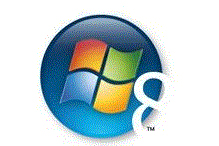
This week, Microsoft demonstrated a pre-beta version of Windows 8 at its BUILD event in the US. Early reaction to the new OS appears largely positive, with commentators especially taken by the interface.
Microsoft is certainly heading in a new direction with the UI for Windows 8. The "Metro" design is carried over from Windows Phone 7, designed for use with touch and gestures.
Like Apple's latest version of its Mac OS, Lion, Windows 8 takes much of what is good about smartphones and brings them into the PC arena. For Microsoft in particular, a lack of success with Windows-based tablet devices (rather than tablet, or "convertible", PCs) may have forced Redmond developers to be more radical than they would otherwise have liked. But there is more to a good computer operating system, and even to a good interface, than fashionable support for gestures and touch.
Microsoft has a finite window to prove that Windows 8 is ready to take its place as an enterprise-class operating system.
Some moves for Windows 8 are logical progressions from Microsoft's previous versions of its operating system. Making Windows 8 more compact, and able to boot up more quickly, build on the work done in Windows 7, as are security improvements. Support for ARM processors is essential if Microsoft is to win over tablet makers. An Apple-style app store is another nod to the consumerisation of business IT.
Hopefully, though, the move to support tablet-friendly features will not be at expense of a stable, safe and efficient PC OS. Microsoft argued, for example, that a familiar Windows "look and feel" was a key reason for buying devices such as Windows Mobile based phones. But Windows Phone 7 handsets are so radically different to either what went before, or indeed Windows on the desktop, that that argument surely no longer holds.
By the same token, Apple, and Android phone and tablet makers, do not appear to be under pressure to make their devices more Windows-like, and users do not seem to be unduly phased by the need to have one way of working on their smartphone or tablet, and another on the office PC.
Sign up today and you will receive a free copy of our Future Focus 2025 report - the leading guidance on AI, cybersecurity and other IT challenges as per 700+ senior executives
So, whilst Windows 8's Metro interface looks the part, it may not have that great a bearing on whether or not users request a new PC or whether their employers buy them one.
A more significant task for Microsoft is to convince PC makers to make an early switch to Windows 8, to convince peripheral makers to have device drivers ready from day one, and especially, to persuade businesses to upgrade.
Microsoft has now sold some 450 million copies of Windows 7, but there is still a large installed base of Windows Vista and even Windows XP devices out there. Microsoft will end support for XP in 2014. Experts recommend that businesses still using XP should move off the operating system before then, ideally next year.
So Microsoft has a finite window to prove that Windows 8 is ready to take its place as an enterprise-class operating system, and that tablet-friendly features enhance, rather than detract from, that task.
-
 I couldn’t escape the iPhone 17 Pro this year – and it’s about time we redefined business phones
I couldn’t escape the iPhone 17 Pro this year – and it’s about time we redefined business phonesOpinion ITPro is back on smartphone reviews, as they grow more and more intertwined with our work-life balance
-
 When everything connects, everything’s at risk
When everything connects, everything’s at riskIndustry Insights Growing IoT complexity demands dynamic, automated security for visibility, compliance, and resilience
-
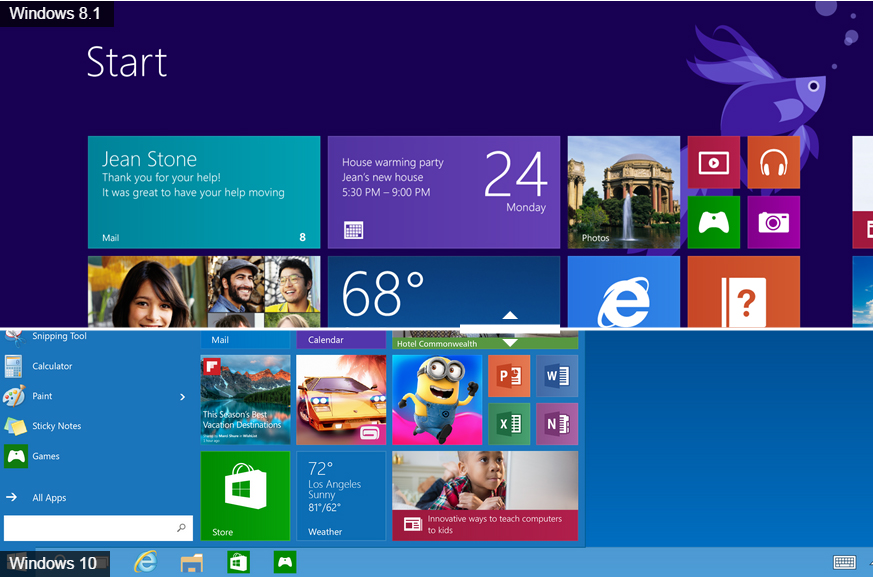 Windows 10 vs Windows 8.1: Which was the best operating system?
Windows 10 vs Windows 8.1: Which was the best operating system?Vs We rate Windows 10 vs Windows 8.1 in a number of key categories for professional use
-
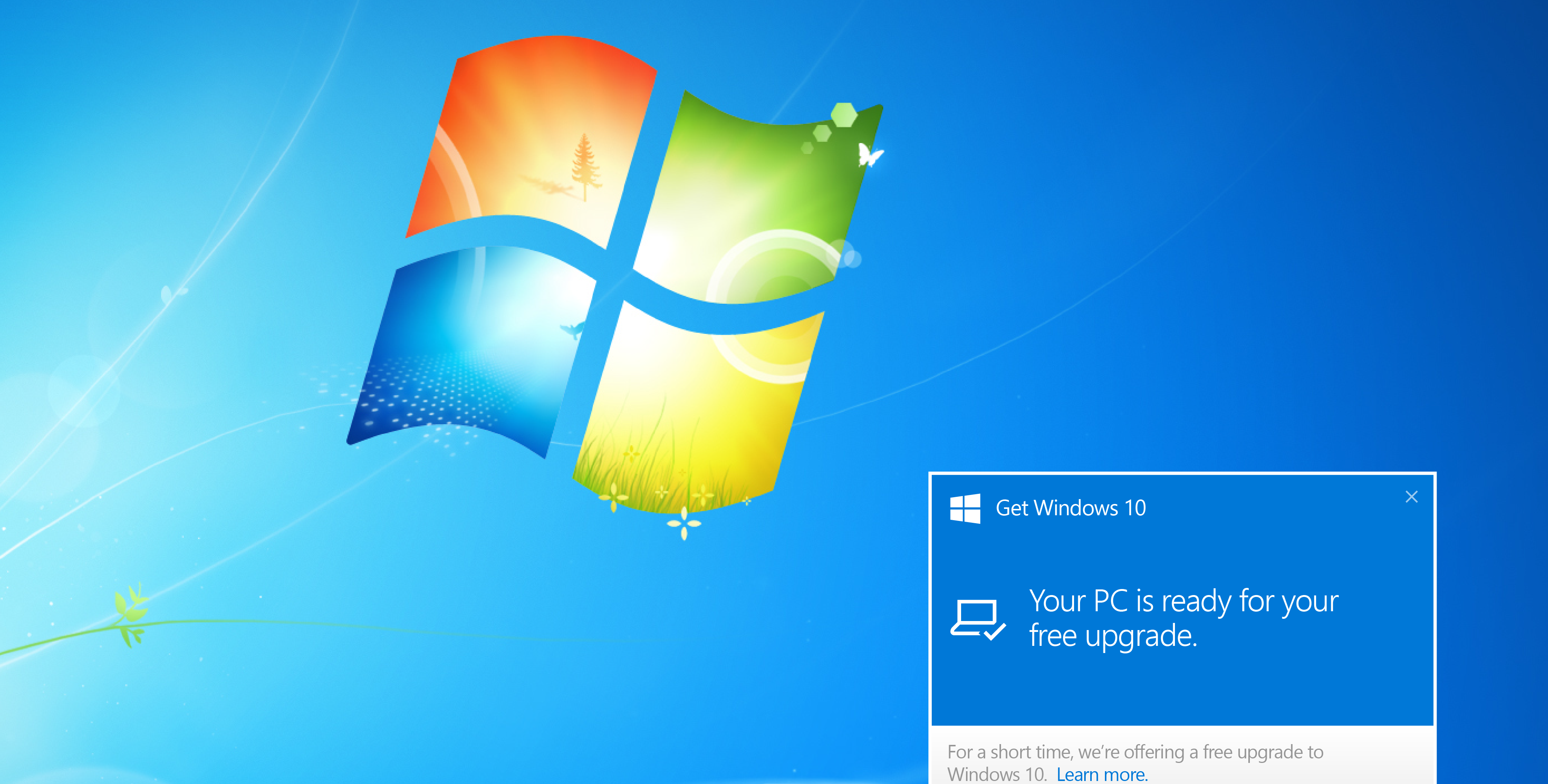 Windows 10 vs Windows 8.1 vs Windows 7 - Microsoft OS head-to-head
Windows 10 vs Windows 8.1 vs Windows 7 - Microsoft OS head-to-headVs We pit Microsoft's most popular operating systems against each other to see which is the greatest of all time
-
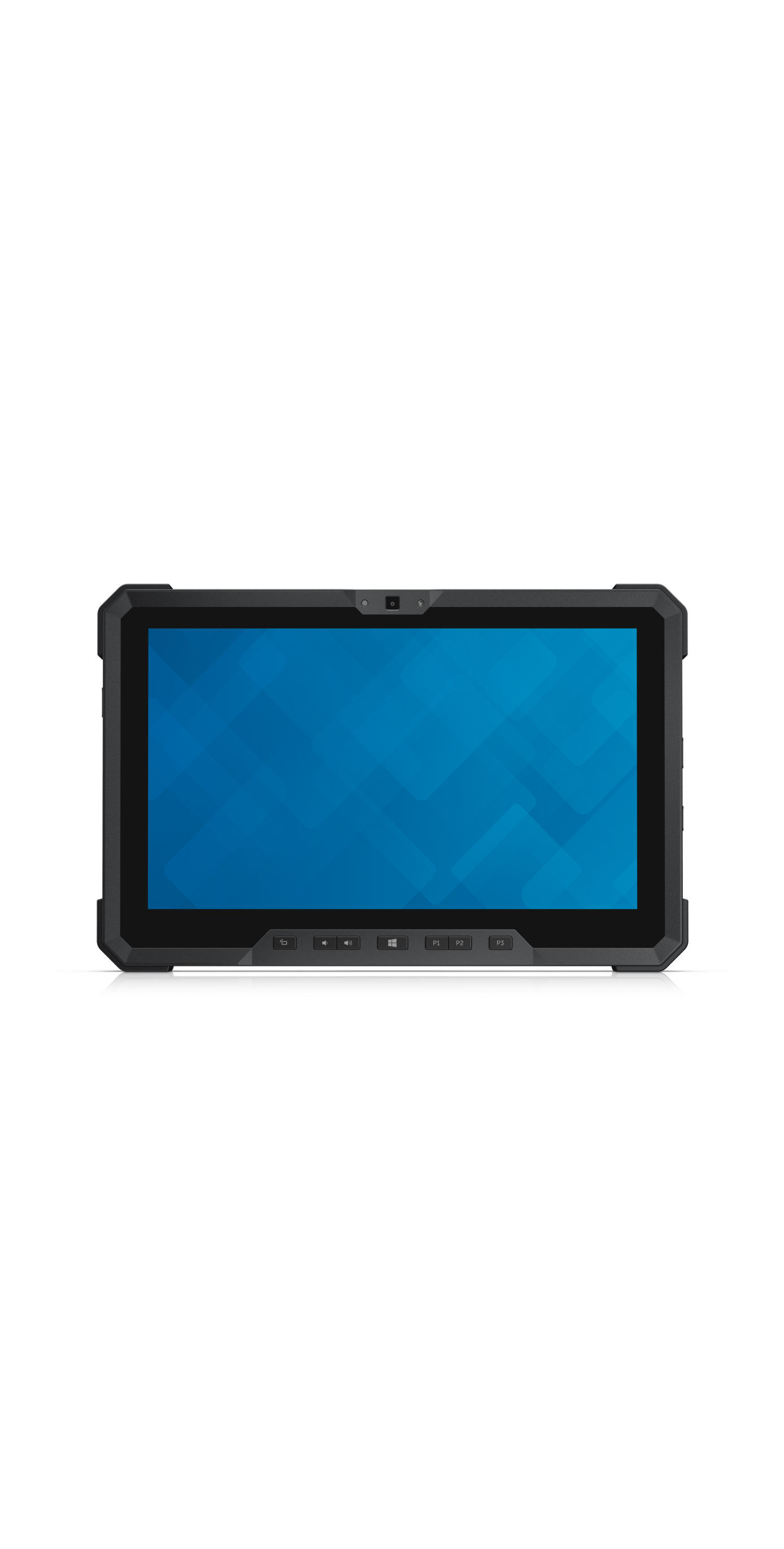 Dell Latitude 12 Rugged Tablet review
Dell Latitude 12 Rugged Tablet reviewReviews Dell's military-grade tablet wasn't rugged enough to survive IT Pro's Adam Shepherd
-
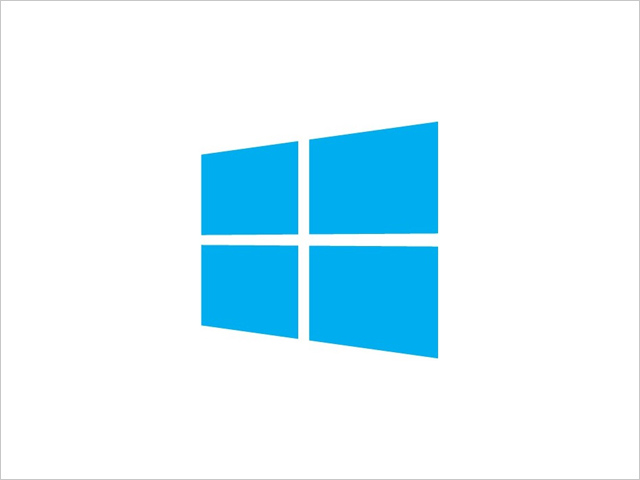 Top 10 Windows 8.1 and Windows 10 apps for 2015
Top 10 Windows 8.1 and Windows 10 apps for 2015Best Our collection of the best and most popular Windows 8.1and Windows 10 apps to download in 2015
-
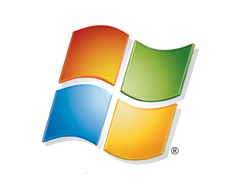 Windows 8.1 vs. Windows 7 – Which is best for you?
Windows 8.1 vs. Windows 7 – Which is best for you?Vs As Windows 10 draws nearer and Microsoft distances itself from older OS, we look at the best option for your PC
-
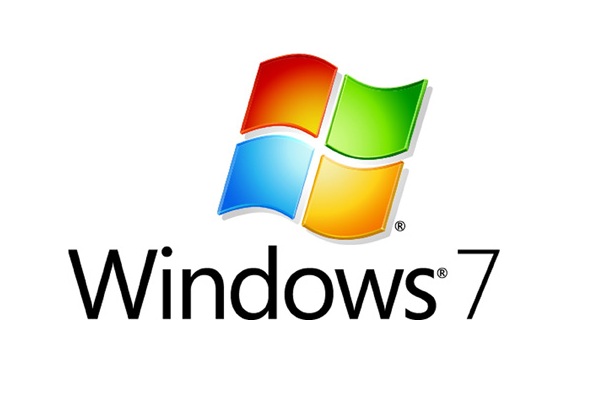 Windows 7 mainstream support ends tonight
Windows 7 mainstream support ends tonightNews When the clocks strike midnight, no more Windows 7 software improvements will come from Microsoft
-
 Windows 8.1 market share leaps ahead
Windows 8.1 market share leaps aheadNews Adoption of Windows 8 and 8.1 shot up in October, marking the OS’ biggest leap in market share to date
-
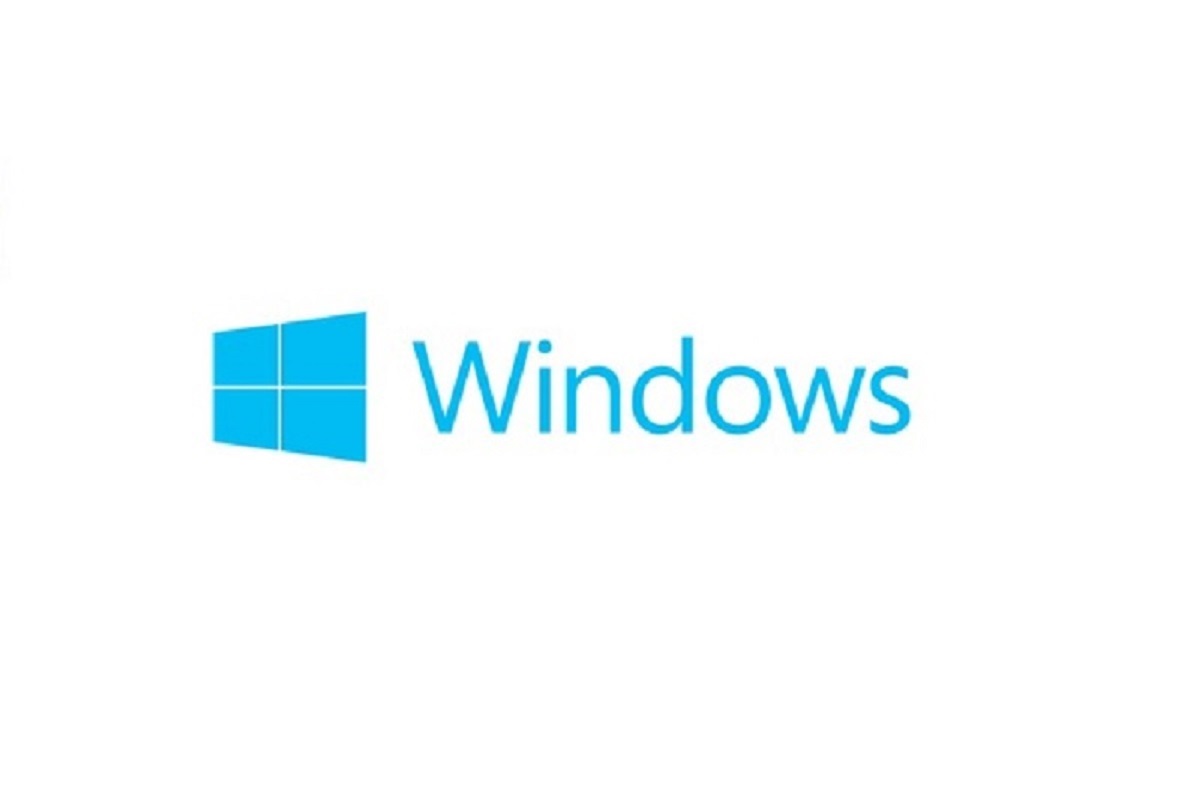 Windows 10: 10 Features we want to see
Windows 10: 10 Features we want to seeNews With the Windows 10 release date looming, here are the top features we want to see